Half a dozen real estate investors say they’re not represented on an informal committee working to implement the Northside and Pine Knolls Community Plan. They are lobbying the Chapel Hill Town Council to appoint a town-sanctioned committee with mandated investor representation.
“We don’t like these meetings going on behind our back with proposed zoning changes and everything else, and then we find out after the fact that the Town Council is considering them,” says Mark Patmore, the owner of Mercia Residential Properties LLC. He owns several rentals in the Northside neighborhood. He’s also been a resident of the area for 20 years. “These are our properties and we have property rights and should be involved in all the proposed zoning changes, not just asked to provide a defense after the fact.”
They are lobbying the Chapel Hill Town Council to appoint a town-sanctioned committee with mandated investor representation.
“What we are actually proposing is that the Town Council once and for all establishes a committee that truly represents the Northside neighborhood, and that is the venue where any and all zoning changes and proposals are addressed, not behind closed doors.”
Delores Bailey is a Northside property owner and the executive director of the housing nonprofit EmPowerment. She says Patmore’s claims don’t hold water.
“There are open meetings and they are invited,” says Bailey. “Anybody who is a homeowner and has any kind of stake in Northside.”
In addition, she says the work of the committee is shared with the broader public at monthly Community Outreach meetings.
“I’ve not seen Mr. Patmore at many of those meetings, but that’s certainly the opportunity to learn what’s going on and what’s being talked about and raise any concerns he might have,” says Bailey. “I’m disappointed he would raise a red flag and insinuate that someone was doing something behind closed doors. There’s lots of opportunity for him to input at the community level. He just has not taken advantage of that.”
The fight over committee representation is just a small part of a larger battle over the future of the Northside neighborhood.
In 2003 long-time residents of the Northside and Pine Knolls neighborhoods came to the council asking to create a neighborhood conservation district to help protect the traditionally black, working-class neighborhood from an influx of student rentals.
Residents said students made poor neighbors, complaining about yards used as parking lots, loud parties and litter. They also argued that as investors bought up the housing supply to turn into student rentals, long-term residents were being priced out by rising property taxes.
The Northside neighborhood conservation district, or NCD, was approved in 2004. The new rules included a cap on house size to discourage investors from renovating smaller houses into multi-tenant student rentals, as well as parking and occupancy limits.
A decade later, Patmore argues the NCD is not working as planned.
“Unfortunately, because of the implementation of the conservation district, I think it’s done more harm than good and actually discourages families from wanting to build in this neighborhood,” says Patmore. “Because the height restrictions, the size restrictions, the bedroom to bathroom ratio are not what families want and [it] is actually playing into the hands of investors to where the only people willing to buy in the neighborhood are investors, which defeats the whole purpose of the conservation district.”
In response, Bailey cites the work of nonprofit organizations to build five homes in the area, as well as EmPowerment’s purchase of several rental units aimed at families instead of students.
The Town Council approved a second approach to neighborhood preservation in 2012, in the form of the Northside and Pine Knolls Community plan.
It is aimed at fostering cooperation between student and non-student residents, increasing home-ownership opportunities and affordable rentals, and preserving the culture and history of the neighborhood. A coalition of five long-time residents, town staffers, EmPowerment, and the Jackson Center has been working to implement the plan.
Patmore says he and other investors are worried that the negotiations underway now will result in tighter restrictions, including possibly dropping the number of unrelated renters who can share a home from four down to three.
“I’m a resident of Northside, I’ve been a resident for 20 years, and I’m growing increasingly frustrated that these non-resident organizations are actually messing with our property rights and we don’t get a say in it until it’s too late,” says Patmore.
But Bailey stresses that is not the case.
“There is no motion to change policy either in the Community Outreach meetings or in that neighborhood committee that meets once every other month,” says Bailey. “There is nothing, policy-wise, to change occupancy in the Northside neighborhood.”
Ultimately, the Town Council would need to approve any change to the NCD rules, or make the move to appoint an official committee to implement the Community Plan.
Despite an email campaign, Patmore says he has yet to hear any response from council members. Until that happens, Patmore says he and his fellow Northside investors will keep pushing.
“Just as the Town Council genuinely, or theoretically, represents the taxpaying citizens of Chapel Hill, I think an officially established committee is important.”
Bailey says she’d like to see Patmore and others engage in the process that’s already underway.
“We know and understand that neighborhood is going to change,” says Bailey. “The answer is that we always be able to say what we feel about how it’s going to change, and that is Mr. Patmore’s right just as much as it is Delores Bailey’s right. That’s what I want people to know and understand. We do not have to be adversaries. We may not always agree but we can at least sit down at the table and talk.”
The Northside Community Outreach meetings take place on the second Tuesday of every month at the Hargraves Center.

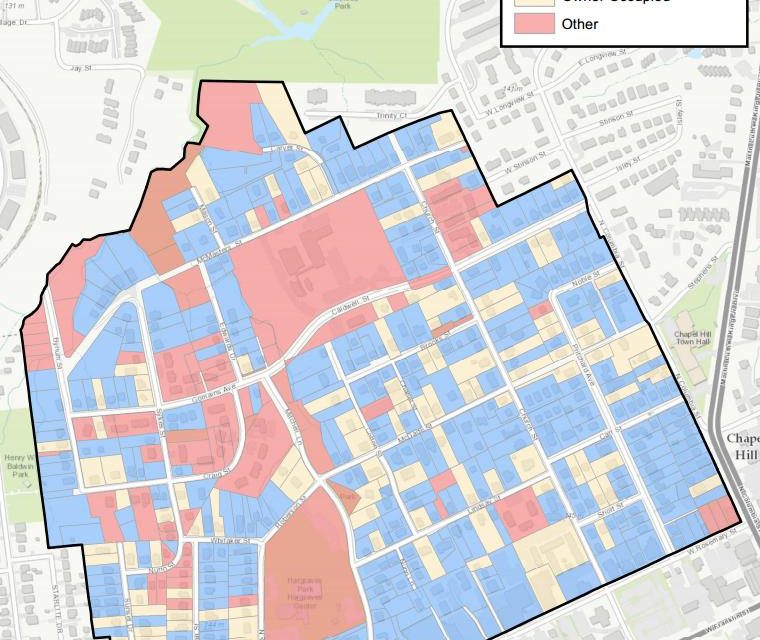
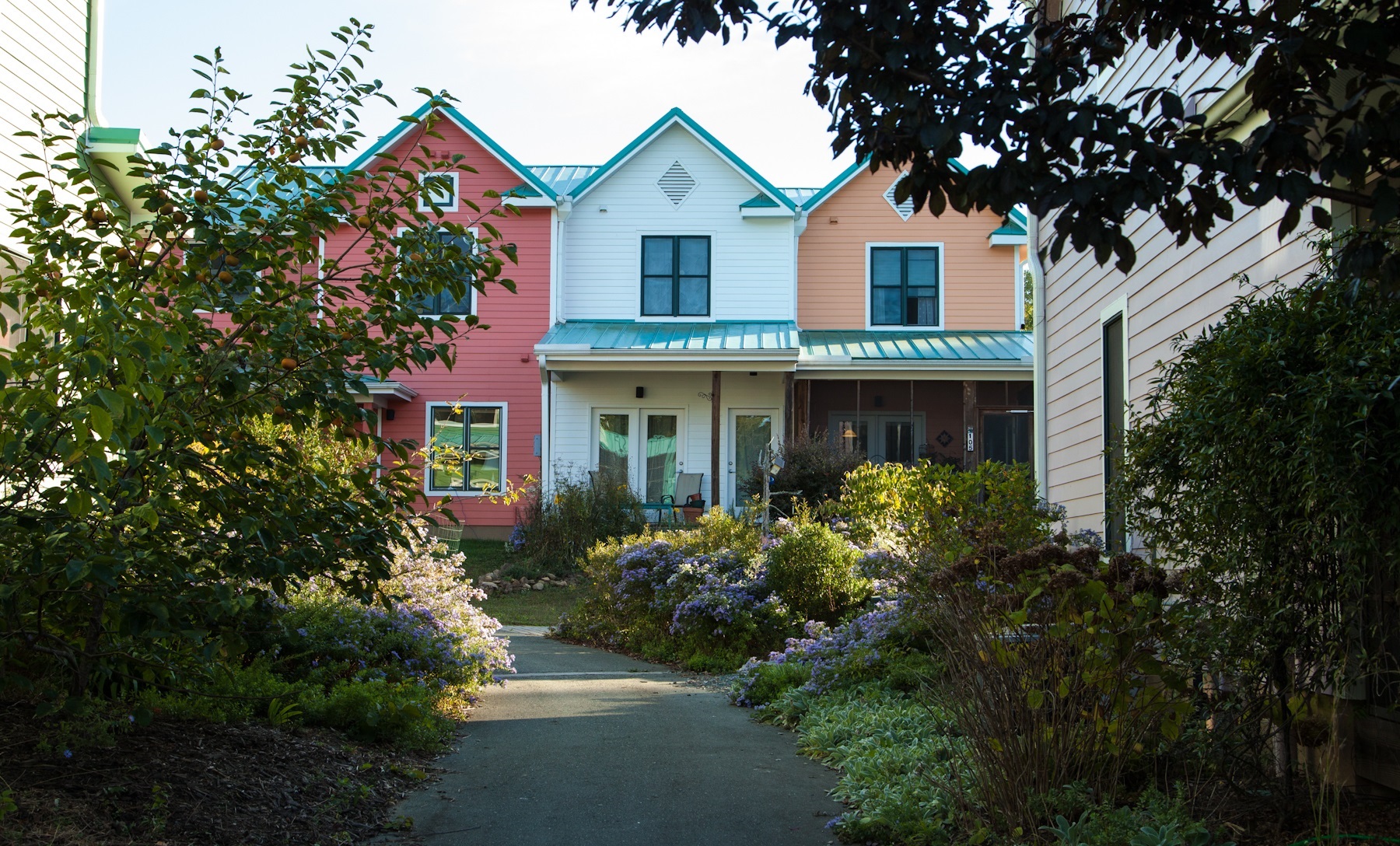
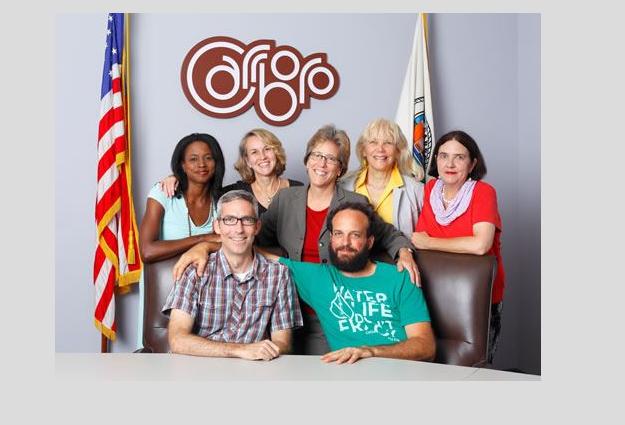
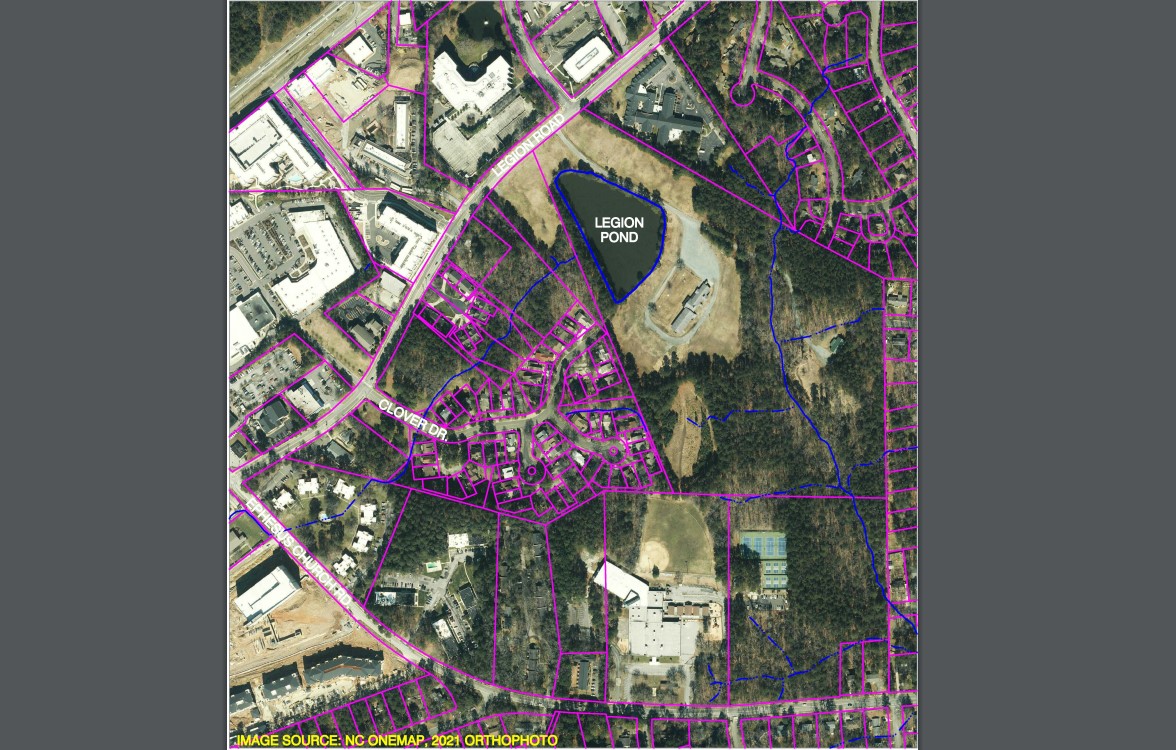
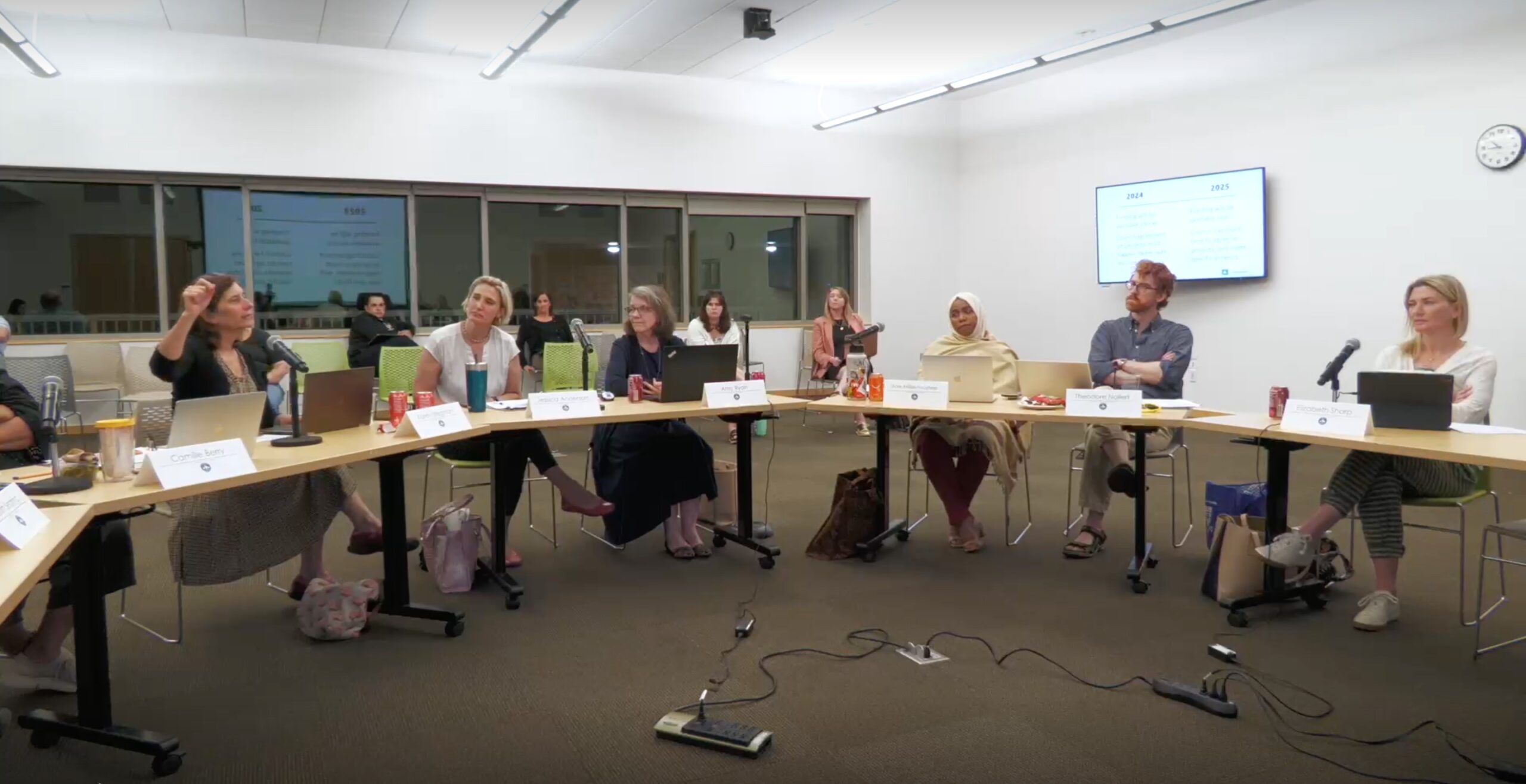

Comments on Chapelboro are moderated according to our Community Guidelines